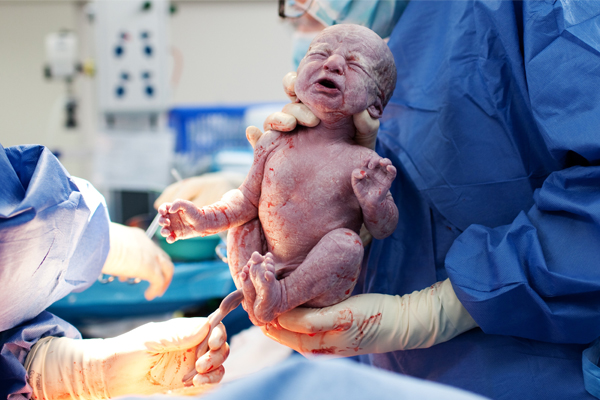‘I don’t think people should be alarmed’: Expert dismisses study linking caesarean births to autism and ADHD

A controversial study has found children born through caesarean section have an increased risk of having autism or attention-deficit hyperactivity disorder (ADHD).
The Swedish study, which examines data from more than 20 million births, found the chances of developing autism spectrum disorder is 33 per cent higher for babies born via caesarean, while the likelihood of ADHD is 17 per cent greater.
But an Australian expert says the research is unreliable.
“I don’t think people should be alarmed, Gino Pecoraro, Professor of obstetrics and gynaecology at the University of Queensland, said.
“It was run across a whole heap of countries and along a very long period of time.
“During that period of time, and across those countries, many other things have happened that may have been the real reason why autism incidence rates have changed.”
A change in the definition of autism, increasing age of mothers and fathers, increased waist sizes, and chemical exposures may also explain the rise in autism and ADHD.
“You can’t say that caesarean section is the single thing that made autism increase,” Mr Pecoraro told 3AW’s Ross and John.
The obstetrics and gynaecology professor said the research examines data from other studies, which weren’t designed to look for a link between autism, ADHD and caesarean births.
“If you want to answer a specific question in science you have to specifically design a study to answer that question. This isn’t what they were looking for,” he said.
Press PLAY below for more.















